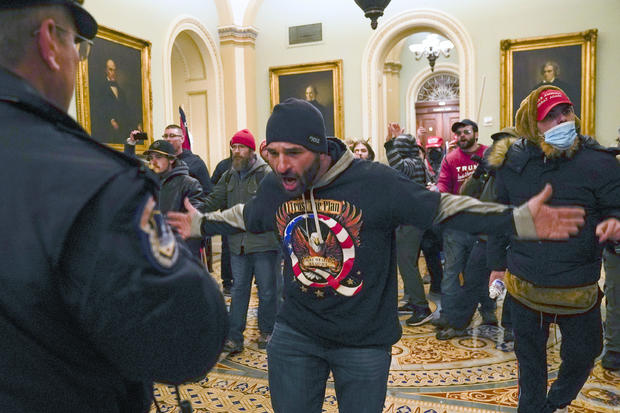I think we should clarify our terminology here.
(1) How should the phrase 'conspiracy theory' be used? I think we'll get more clarity, if we confine its use to refer to the idea that there is a small, secret, powerful group, consciously carrying out a program of activity -- including things such as removing 'Western Civilization' from university curricula, or setting the US on a course to invade and occupy Muslim countries -- which the rest of us wouldn't approve of, if we knew the whole picture.
The aims of such a hypothetical group should be long-term, and broad: effectively, the fundamental transformation of society.
Note that doing things like getting 'Western Civilization' removed from university curricula, or invading Iraq, can be done by groups other than conspiracies. In the case of these two examples, while there might have been a conspiratorial group behind them, there did not have to be, for them to come about.
In other words, not all things that you might think are bad, and not all things that were advanced using conscious lies (Saddam Hussein's nuclear weapons), had to be the result of a 'conspiracy' as I've defined it above. (And in fact I don't think they were.)
Summary: just because someone thinks that the government, or the media, or certain big corporations, or some NGO's, or certain political parties, lie to us, or distort things, or even have an agenda that they are not open about ... doesn't merit the term 'conspiracy theory'.
Put another way: we need words/phrases to distinguish between the idea that certain things happen because of a small, secret, powerful group of people, working over a long period of time, to transform society, generally in a malign way, on the one hand .... and on the other, the idea that there are interest groups pushing for their interests, and that these groups are not always candid.
I personally am skeptical about the first ... what I would call genuine 'conspiracy theories' ... but definitely believe the second.
I'm an old, white, Southern right-winger, but was only in the 'working class' (in the Marxist sense of the term) for a year, working as a machinist. So I don't know whether I qualify as 'stupid working class' or not.
(2) We need to clarify the terms 'working class' and 'smarter'. Perhaps Jake Wills could expand on what he means by that, especially by 'smarter'. Does 'smarter' mean 'higher IQ'? or 'higher levels of education'? Or does it just mean 'agreed with me politically'?

